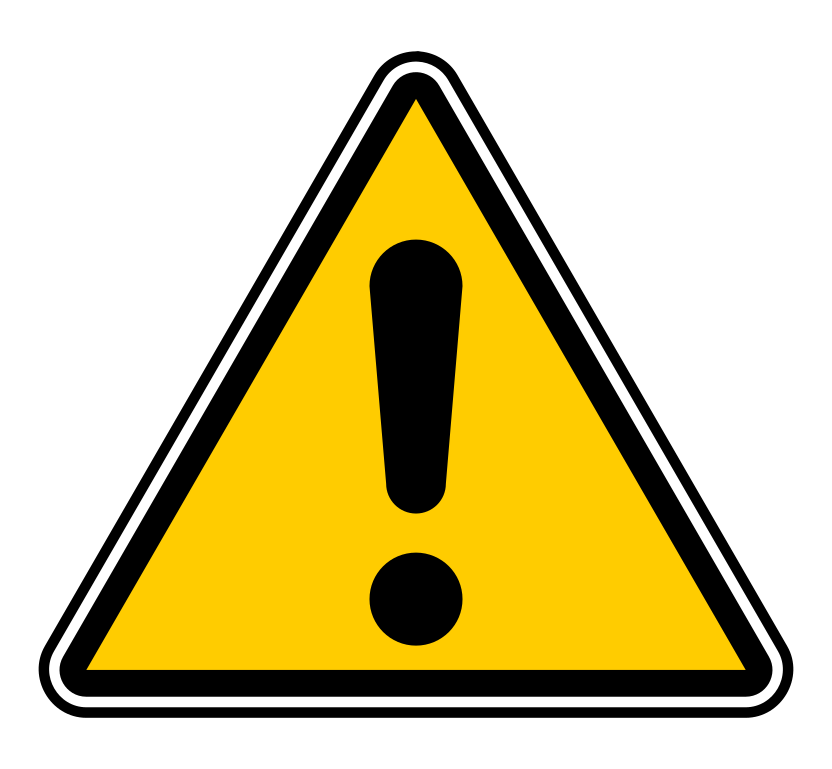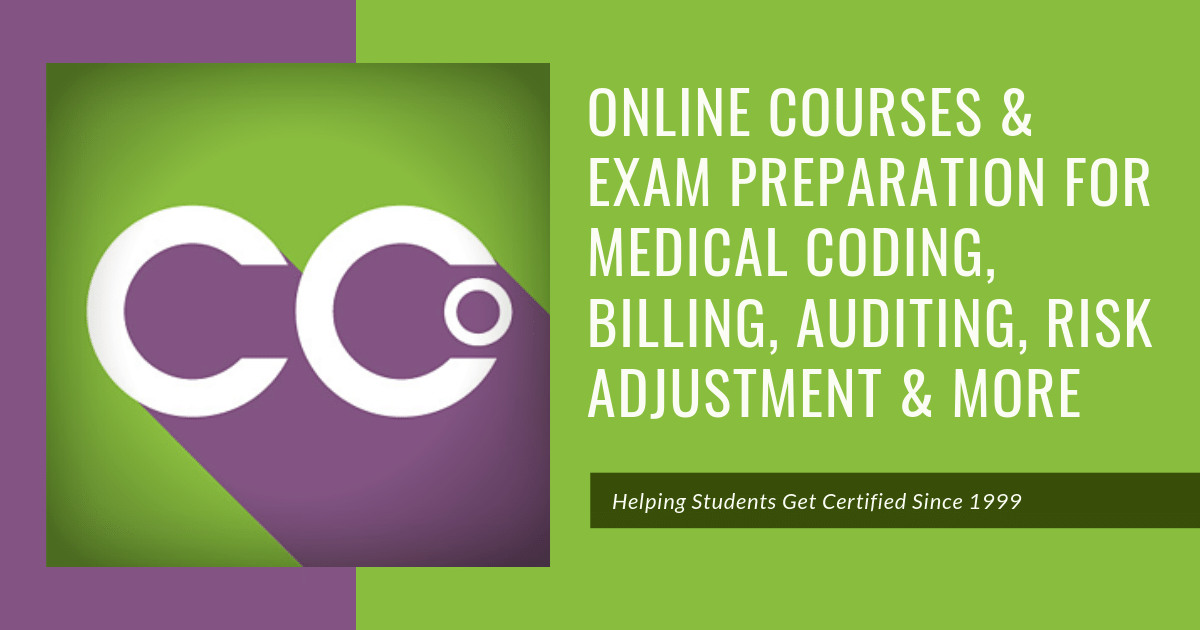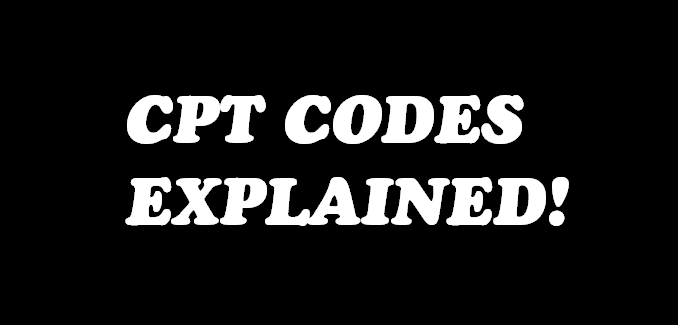I was not certain if mental health applied.
I can leave this thread unanswered so Alicia can chime in.
New CPT Codes for Behavioral Health
While many new procedural codes were released, from what we can tell, none of them appear to apply to behavioral health, except for 99417, which is a new time-based, add-on code.
Providers can use 99417 to bill for additional time spent if a visit exceeds the level-5 code (such as 99215 for a 40-minute follow-up visit or 99205 for a 60-minute intake visit). It is an add-on code that can be billed in 15-minute increments.
The other change that may affect your billing procedures is that 99201 will be deleted. The new guidance says to use 99202 for times beginning at 15-29 minutes and then advance in 15-minute increments with 99205 for 60-74 minutes.
The Guideline Updates for CPT Codes Could Impact Your Behavioral Health Practice. Learn About the Significant Changes and What You Should Do.

www.valant.io
The issue is AMA & Medicaid sometimes go by different rules.
AMA rules:
Established Patient
99211 Office or other outpatient visit for the evaluation and management of an established
patient, that may not require the presence of a physician or other qualified health care
professional. Usually, the presenting problem(s) are minimal.
99212 Office or other outpatient visit for the evaluation and management of an established
patient, which requires a medically appropriate history and/or examination and
straightforward medical decision making.
When using time for code selection, 10-19 minutes of total time is spent on the date of
the encounter.
99213 Office or other outpatient visit for the evaluation and management of an established
patient, which requires a medically appropriate history and/or examination and low level
of medical decision making.
When using time for code selection,
20-29 minutes of total time is spent on the date of
the encounter.
99214 Office or other outpatient visit for the evaluation and management of an established
patient, which requires a medically appropriate history and/or examination and moderate
level of medical decision making.
When using time for code selection, 30-39 minutes of total time is spent on the date of
the encounter.
Medicare?Medicaid rules:
Who Follows the 8-Minute Rule?
The following outpatient providers follow the 8-minute rule when billing Medicare for their services:
- Private practices
- Skilled nursing facilities
- Rehabilitation facilities
- Home health agencies providing therapy covered under Part B in the home of the beneficiary
- Hospital outpatient departments (including emergency)
The common thread among practitioners that follow the 8-minute rule is that the services they provide are outpatient and in-person.
When the Rule Doesn’t Apply?
The 8-minute rule also does not only apply to Medicare. It applies to federally funded plans, including those listed below:
- Medicaid
- TRICARE
- CHAMPUS (Civilian Health and Medical Program of the Uniformed Services)
Key Points
- Psychotherapy must be at least 16 minutes.
- Time is very important and should be rounded to the nearest CPT Code.
- Outpatient vs. Inpatient is not important.
- E/M codes can only be used by prescribers (MD, DO, APN, PA).

psychnews.psychiatryonline.org
Learn how to bill every type of therapy session possible with our guide to mental health CPT codes. Same time, prevent errors, get paid in full.

therathink.com
Total time on the date of the encounter (office or other outpatient services [99202, 99203,
99204, 99205, 99212, 99213, 99214, 99215]): For coding purposes, time for these services is the
total time on the date of the encounter. It includes both the face-to-face and non-face-to-face time
personally spent by the physician and/or other qualified health care professional(s) on the day of
the encounter (includes time in activities that require the physician or other qualified health care
professional and does not include time in activities normally performed by clinical staff).
E&M Medical Coding - How to Level E&M Code
Learn about E/M codes for psychiatrists and psychiatric treatments, when to use add-on codes, and more.

www.valant.io
For example, consider the new evaluation and management (E/M) coding guidelines that took effect January 1, 2021. In a nutshell, these new guidelines state that the history and physical exam will not determine the appropriate E/M code level for E/M codes 99202 through 99215. Instead, these codes will be assigned based on time or medical decision-making (MDM)—the most financially advantageous option can be chosen. Mental health clinicians must understand these changes not only so they can ensure revenue integrity (i.e., the idea that they are paid accurately for the services they provide) but also so they don’t put themselves at risk for denials, audits, and recoupments.
Some important points to note: These changes do not apply to other CPT or HCPCS codes reported in behavioral health. In addition, these changes only pertain to Medicare, though many commercial payers have adopted them as well. Best advice? Check with your payer before billing services.
Non-face-to-face time counts toward the E/M level
Perhaps the most notable change in E/M guidelines is that non-face-to-face time can now be included if it occurs on the same day as the patient’s appointment.
Here’s a list of the types of tasks that can now be counted towards establishing the correct procedure code when performed on the date of the patient visit:
- Care coordination (when not separately reportable)
- Counseling and educating the patient, family, and/or caregiver
- Documenting clinical information in the electronic or other health record
- Independently interpreting results (when not separately reportable) and communicating results to the patient, family, and/or caregiver
- Obtaining and/or reviewing separately obtained history
- Ordering medications, tests, or procedures
- Performing a medically appropriate exam and/or evaluation
- Preparing to see the patient (e.g., reviewing tests)
- Referring and communicating with other healthcare professionals (when not separately reportable)
Consider this example: A psychiatrist spends 30 minutes reviewing a patient’s discharge summary at 10am and sees the patient for a 30-minute appointment later that day. If the psychiatrist forgets to bill for the time spent reviewing the discharge summary, the service would be a level 99203 (national average Medicare payment of $113.75) instead of a level 99205 ($224.36).
Behavioral health medical providers can help their own practices survive and thrive financially. What’s the most effective way to do this? Report the right Current Procedural Terminology (CPT) codes.
www.lifebrief.com
Neolytix has compiled this psychotherapy medical billing 101-guide to help mental health practices everywhere get up to speed with the new rules.

neolytix.com









